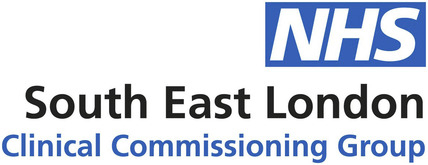Transition from child to adult services for people with intellectual disabilities and or
The training content is organised into four key themes, within which we will cover the topics detailed below. The course will be delivered by clinicians and include contribution from experts by experience. There will be opportunities for whole group interaction and participation, and small group discussion and reflection.
A. A multiagency approach to effective transition for people with ASD/ID
- The local context and relevant multi-agency services
- The importance of shared protocols for transition
- The individual role in supporting/facilitating a multi-agency transition process
- Sources of support and resources for transition
B. An individualised approach to transition
- The experience of transition for young people and carers: what makes a good transition?
- Addressing the potential stresses and challenges of transition for young people and families
- Ensuring an individualised approach within service protocols
C. Service provision and the legislative processes governing transition
- Duties and requirements: the Care Act and Children & Families Act.
- Good Practice Guidance: - HEE Learning Disability Transition Pathway Competency Framework
- Decision Making: Consent, capacity and best interests.
- Risk Management
D. Transition for people with severe/multiple disabilities
- Additional considerations for transition planning for people with severe/profound and multiple disabilities.
- Incorporating the views, preferences and priorities of people from seldom-heard groups in the transition planning process.
E. Education and transition - Working with education providers to support transition
F. A shared ethos and vision for transitions
- Behaviours and values that are important in supporting transition from child to adult services.
- Action planning for developing the transition process within their individual practice and organisation.
- How to share learning with colleagues and stakeholder organisations.
'1. Understand the duties and requirements under the Care Act and Children & Families Act in relation to transitions.
2. Reflect on the quality of information, advice and support they provide in relation to their role and local area.
3. Know where to look for support and resources on this topic.
4. Understand the potential stresses and challenges faced by young people and their families on the transitions journey and how to mitigate these sensitively and efficiently.
Course schedule

Group bookings
Discounted rates are available for group bookings. Please contact us for more information. Maudsley Learning has a full range of courses to meet the needs of your organisation. Most can be delivered to you flexibly and tailored to your requirements.

Bespoke courses
We are able to offer custom-made programs, whether digital or face to face, to meet the education and training needs of your organisation in the UK or internationally.

Research
We value research and knowledge-sharing and will continue to contribute to the literature base on mental health education, addressing important research questions in this exciting field.


